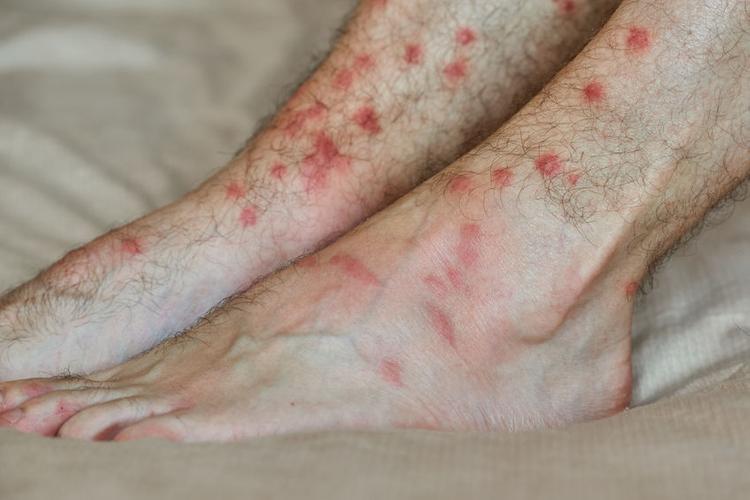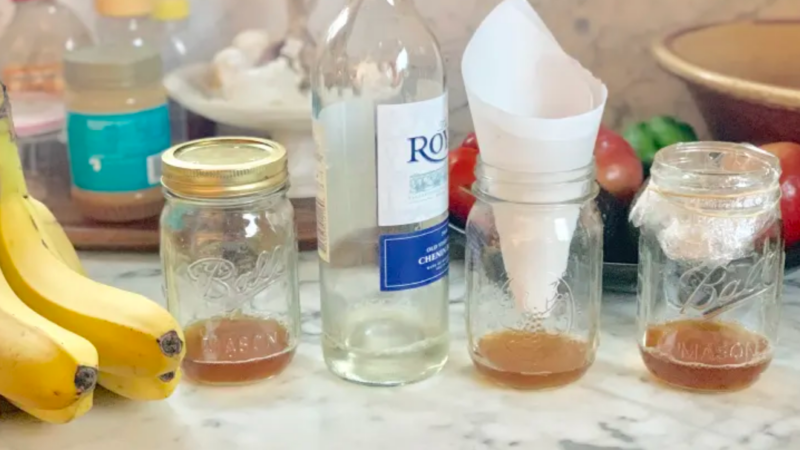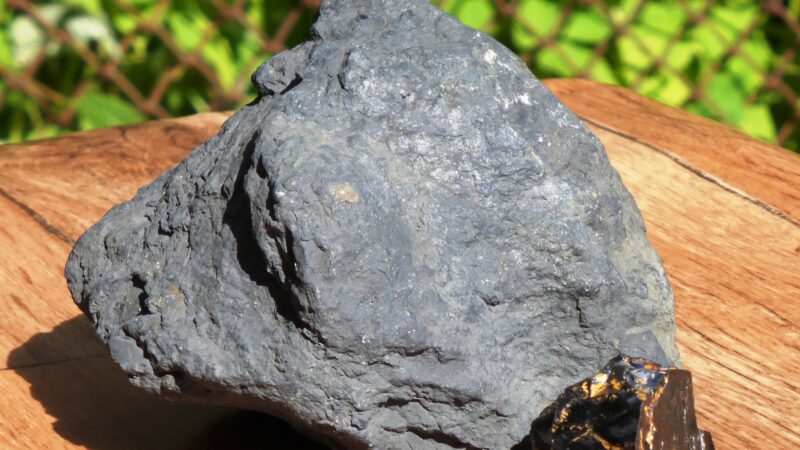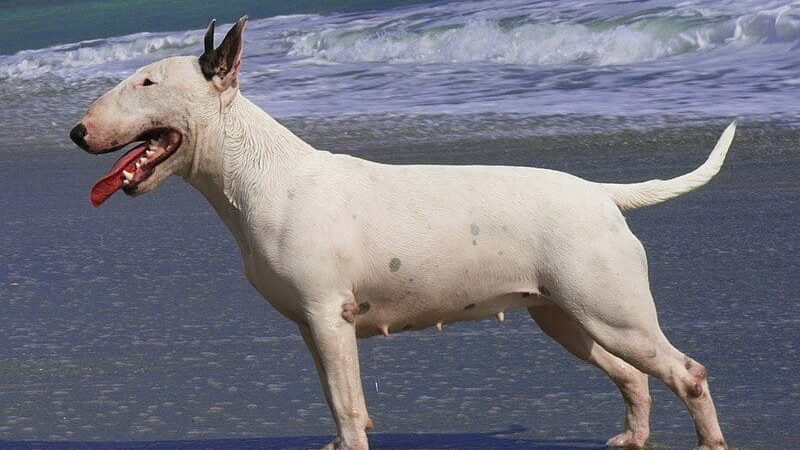Everything About Gnat Bites : Prevention, Treatments

Gnat Bites – Gnats are tiny insects that can be nuisances in your home or yard. But did you know that some gnats can also bite humans and cause itchy, red bumps on your skin? In this blog, we will explain how to identify gnat bites, treat them at home, and prevent them in the future.
We will also share some facts about gnats and why they bite. Whether a gnat has bitten you or you want to learn more about these pesky creatures, read on to find out everything you need to know about gnat bites.
Gnats are a group of tiny, winged flies that belong to the fly family Diptera, the same as mosquitoes. They can be both biting and non-biting, depending on the species. Gnat Most often, they fly in large numbers, called clouds.
Gnats have four life stages: egg, larva, pupa and adult. They usually lay their eggs in moist organic matter or water, where the larvae feed and develop. The pupae then emerge into adults, which live only long enough to reproduce.
Some examples of gnats are:
- Fungus gnats are found in damp soil, compost, mulch or leaf litter. They feed on fungi and plant roots. They are usually harmless to humans but can damage plants or transmit diseases.
- Eye gnats: These gnats are attracted to fluids secreted by humans and animals’ eyes, nose or mouth. They do not bite but can cause irritation or infection.
- Black flies: These gnats are also known as biting midges or sand flies. They feed on blood and can cause painful bites, allergic reactions or diseases such as river blindness.
- Gall gnats: These gnats are also known as gall midges. They lay their eggs in plant tissues, causing galls or abnormal growths. Some galls are harmless, while others can harm the plant or its fruits.
What does a gnat bite look and feel like?
A gnat bite can look and feel like a mosquito bite. It is a small, red, itchy bump that may swell or bleed. The bite is caused by a minor allergic reaction to the gnat’s saliva, which contains substances that thin the blood.
Some people may react more severely to gnat bites, such as fluid-filled blisters or anaphylaxis. Anaphylaxis is a life-threatening condition that can cause trouble breathing, dizziness, fainting, wheezing, chest tightness, and other symptoms. If you experience any of these signs, you should seek medical attention immediately.
Gnat bites can be annoying and uncomfortable, but they are usually not dangerous. However, some gnats can transmit diseases such as river blindness or leishmaniasis. Therefore, it is important to prevent gnat bites by using repellents, wearing protective clothing, and avoiding areas where gnats are abundant.
What can you do to treat gnat bites?
Gnat bites can be annoying and uncomfortable, but they are usually not dangerous. However, some gnats can transmit diseases such as river blindness or leishmaniasis. Therefore, it is important to prevent gnat bites by using repellents, wearing protective clothing, and avoiding areas where gnats are abundant.
If a gnat has bitten you, you can treat the bite at home with some simple steps. Here are some tips to help you:
- Wash the bite area with soap and water. This will help clean the wound and reduce the risk of infection.
- Apply a cold compress to the bite. This will help ease the pain, swelling, and itching. You can use a cloth soaked in cold water, an ice pack wrapped in a towel, or a frozen bag of vegetables. Do not apply ice directly to your skin. Keep the compress on for 10 minutes several times a day.
- Use an anti-itch cream or lotion to soothe the irritation. You can use over-the-counter products such as hydrocortisone cream or calamine lotion. Apply a thin layer to the affected area three times a day or as the label directs.
- Take an antihistamine to reduce the allergic reaction. You can use over-the-counter products such as Benadryl (diphenhydramine) or Claritin (loratadine). Follow the dosage instructions on the label and be aware of possible side effects such as drowsiness or dry mouth.
- Avoid scratching the bite. Scratching can worsen the symptoms and cause more damage to your skin. It can also introduce bacteria and lead to infection. If you have trouble resisting the urge to scratch, you can cover the bite with a bandage or wear gloves at night.
How to prevent gnat bites?
Gnat bites can be annoying and uncomfortable, but they are usually not dangerous. However, some gnats can transmit diseases such as river blindness or leishmaniasis. Therefore, it is important to prevent gnat bites by using repellents, wearing protective clothing, and avoiding areas where gnats are abundant.
Some tips to prevent gnat bites are:
- Cover your skin. Gnats are often unable to bite through clothing. Closed-toe footwear like shoes or boots will protect your feet. Wearing light-coloured clothing can help avoid bites. Most gnats are attracted to darkly coloured objects.
- Use your insect repellent of choice to keep the gnats away. Many experts recommend products that contain DEET, which is a chemical that repels insects. You can also use natural repellents such as citronella, lemon eucalyptus, or lavender oil. Apply the repellent to your skin and clothing according to the label instructions.
- Avoid bodies of water. Gnats are often found near swamps, ponds, marshes, and streams. If possible, avoid or limit your time around these areas. You can also use fans or air conditioners to create air currents that deter gnats from flying near you.
- Remove or reduce moisture and organic matter sources around your home or yard. Gnats lay their eggs in moist organic matter or water, where the larvae feed and develop. You can prevent gnat infestations by removing or covering trash cans, compost piles, pet food bowls, bird feeders, and plant pots. You can also use sand or gravel to fill any holes or cracks that collect water.
Conclusion:
Gnat bites are a common problem that many people face, especially in the summer months. They can cause itching, swelling, pain, and sometimes infection or disease. However, there are ways to treat and prevent gnat bites to help you enjoy your time outdoors without worrying about these pesky insects.
Read More – How To Get Rid Of Blackheads On Nose?




